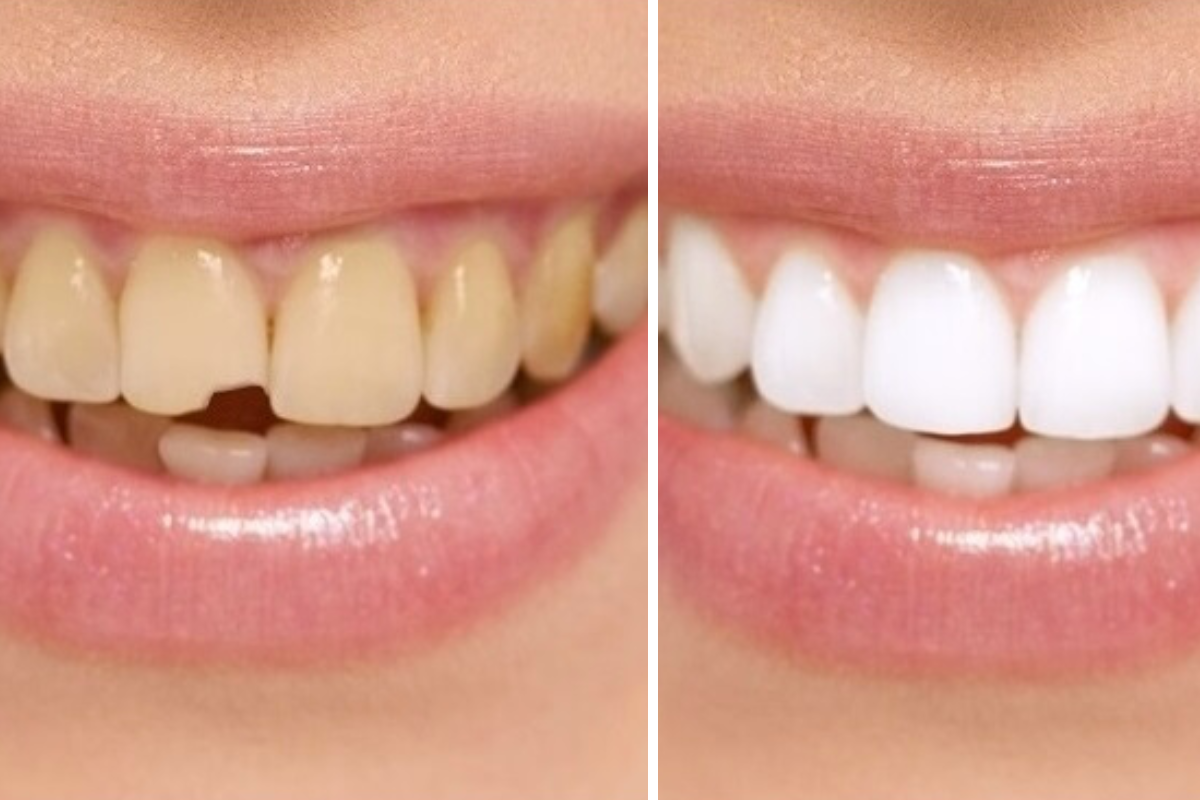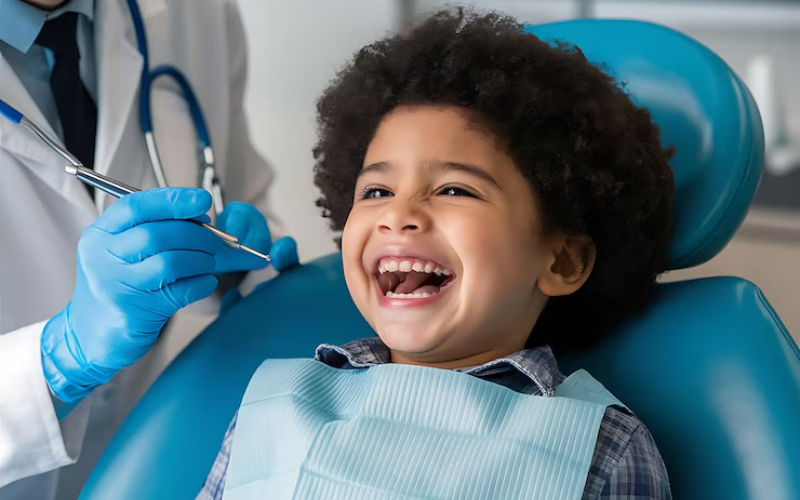
Pregnancy is a time of significant change for a woman’s body, and many expectant mothers may wonder how this affects their dental care. Maintaining good oral hygiene is crucial during pregnancy, and regular dental cleanings play an essential role in this process.
However, questions about the safety of dental procedures during pregnancy are common. In this blog, we’ll explore the safety of dental cleanings during pregnancy, why they are important, and what you should discuss with our dentist to ensure a healthy experience for both you and your baby.
Importance of Oral Health During Pregnancy
Maintaining good oral health during pregnancy is vital, not only for the mother’s well-being but also for the developing baby. Hormonal changes can increase the risk of dental issues, such as gum disease and cavities, making regular dental visits more important than ever.
Benefits of Good Oral Health During Pregnancy
- Reduced Risk of Gum Disease: Pregnant women are at an increased risk of developing gingivitis, which can lead to more severe gum disease if left untreated.
- Prevention of Cavities: Regular Dental cleanings prevent the buildup of plaque and tartar, reducing the risk of cavities.
- Lower Risk of Preterm Birth: Some studies suggest a link between poor oral health and preterm labor. Keeping your mouth healthy may contribute to a healthier pregnancy.
- Overall Health: Good oral hygiene is associated with better overall health, which is essential during pregnancy.
Are Dental Cleanings Safe?
The short answer is yes—dental cleanings are generally safe during pregnancy, particularly in the second trimester when the risk of miscarriage is lower and discomfort from early pregnancy symptoms has usually subsided. However, certain precautions should be taken.
First Trimester Considerations
- Avoid Non-Emergency Procedures: While dental cleanings are safe, many dentists recommend postponing non-emergency treatments (like cosmetic procedures) until after the first trimester.
- Sensitivity and Nausea: Early pregnancy can come with heightened sensitivity and nausea, which might make dental visits uncomfortable. Communicate any concerns with our dentist.
Second Trimester: The Best Time for Dental Cleanings
- Optimal Timing: The second trimester is often considered the best time for dental cleanings. Most women feel their best during this stage, and the risk of complications is lower.
- Continue Regular Check-ups: Maintaining regular dental appointments during this period is crucial for both your oral health and your baby’s development.
Third Trimester Considerations
- Comfort Levels: As the pregnancy progresses, physical discomfort may make dental appointments more challenging. However, dental cleanings are still safe during this time.
- Inform Our Dentist: Let our dental team know you are in your third trimester, as certain adjustments (like positioning in the dental chair) may be necessary for your comfort.
What To Expect During a Dental Cleaning?
A dental cleaning typically involves several steps designed to ensure your teeth and gums remain healthy. Here’s what you can expect:
1. Consultation
- Health History Update: Our dentist will review your health history, including any pregnancy-related concerns.
- Discussion of Medications: Inform our dentist about any medications or supplements you are taking during pregnancy.
2. Examination
- Dental Check-Up: The dentist or hygienist will perform an oral exam to check for any issues that may require attention.
- Gum Health Assessment: Your gums will be assessed for signs of inflammation or gum disease.
3. Cleaning Process
- Scaling: The hygienist will use specialized instruments to remove plaque and tartar from your teeth, focusing on the gum line and between teeth.
- Polishing: After scaling, your teeth will be polished with a fluoride paste to remove surface stains and promote a smooth surface.
- Fluoride Treatment: A fluoride treatment may be applied to strengthen your enamel and help prevent cavities.
4. Post-Cleaning Care
- Oral Hygiene Tips: Our dentist will provide personalized advice on maintaining your oral hygiene at home, especially during pregnancy.
- Follow-Up Appointments: Depending on your oral health needs, our dentist may recommend a follow-up visit.
Precautions To Take
While dental cleanings are safe, some precautions can help ensure a smooth experience:
- Communicate with our Dentist: Be open about your pregnancy, any health concerns, and any discomfort you may feel during the cleaning.
- Stay Hydrated: Drink water before and after your appointment to help reduce nausea and keep you comfortable.
- Manage Anxiety: If dental visits make you anxious, consider bringing a support person or listening to calming music during the appointment.
Potential Risks
While dental cleanings are generally safe, some factors should be considered:
- X-rays: Routine dental X-rays are usually avoided during pregnancy unless absolutely necessary. If you require X-rays, our dentist will use protective measures, such as lead aprons, to minimize any potential risk.
- Dental Anesthesia: If treatment is necessary beyond a cleaning, some local anesthetics are considered safe during pregnancy. Our dentist will discuss this with you to ensure safety.
Dental cleanings are not only safe during pregnancy but are also essential for maintaining good oral health for both you and your baby. Regular dental visits can help prevent dental issues and contribute to a healthier pregnancy.
Always communicate openly with our dentist about your pregnancy and any concerns you may have. With proper care and attention, you can ensure a healthy smile throughout your pregnancy journey.
Prioritizing your oral health during this time is one of the best things you can do for yourself and your growing baby. So, don’t hesitate—schedule that dental cleaning and keep your smile shining bright!




